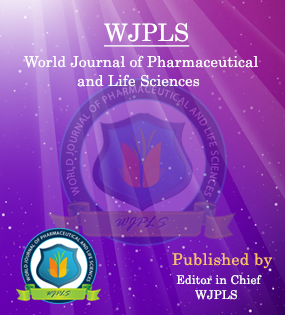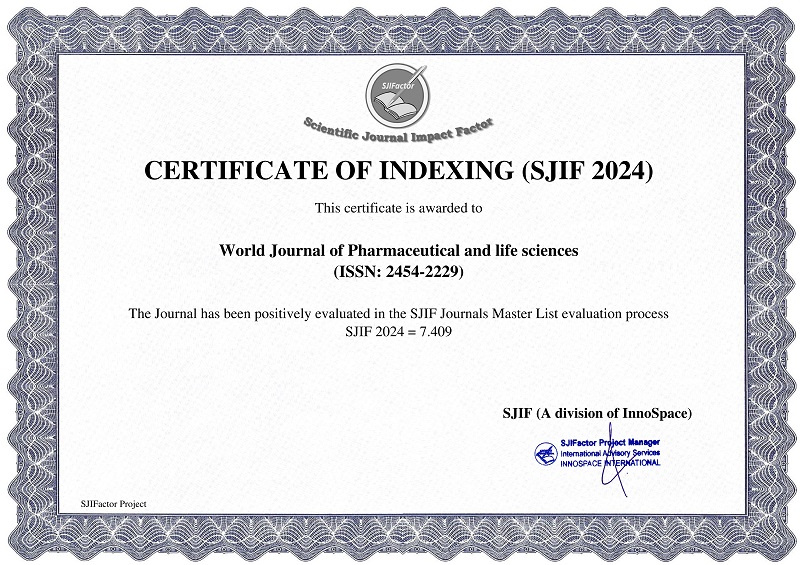Abstract
THE CIRCADIAN SYSTEM AND THE VARIATION OF BLOOD PRESSURE THROUGHOUT DAY AND NIGHT
*Dr. Divya Gupta
ABSTRACT
The biological processes and functions fluctuate at regular intervals in time which is known as the circadian rhythm of the body, such as the sleep wake cycle, the circadian rhythm of blood pressure (BP), the body temperature cycle, etc. These circadian rhythms are under direct control of the bilateral paired suprachiasmatic nuclei (SCN) which are situated in the hypothalamus. There are various peripheral clocks which work in coordination with the central clock for maintaining and regulating the normal circadian timing of the body. These peripheral clocks comprise of the peripheral tissues and some organs and these in turn are regulated by the central circadian clock, i.e., the SCN. At the molecular level, there is presence of clock genes which are involved in mediating the final output of both of these central and peripheral circadian clocks. These circadian rhythms have accuracy in their timing and the factors promoting this accuracy are the various environmental time signals, the most important of which is the normal light dark cycle or the day night cycle. These circadian rhythms are very important for the normal functioning of all the bodily processes. The blood pressure also varies and follows a certain characteristic pattern during the twenty four hour period which is very essential for the normal cardiovascular health.
[Full Text Article] [Download Certificate]WJPLS CITATION 
| All | Since 2020 | |
| Citation | 590 | 424 |
| h-index | 12 | 10 |
| i10-index | 17 | 14 |
INDEXING
NEWS & UPDATION
BEST ARTICLE AWARDS
World Journal of Pharmaceutical and life sciences is giving Best Article Award in every Issue for Best Article and Issue Certificate of Appreciation to the Authors to promote research activity of scholar.
Best Article of current issue
Download Article : Click here





